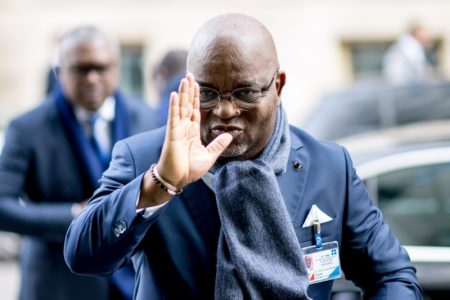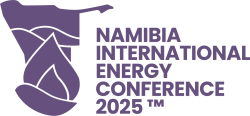 24 November 2012, Sweetcrude, Houston – One of the pertinent questions in the energy corridors of Nigeria, Africa’s premier oil and gas producer is: what ails the Nigerian Petroleum Industry Bill, PIB? This is due to concerns of industry operators, analysts and the teeming population of Nigerians that the Petroleum Industry Bill, against expectations is taking longer time to become a law.
24 November 2012, Sweetcrude, Houston – One of the pertinent questions in the energy corridors of Nigeria, Africa’s premier oil and gas producer is: what ails the Nigerian Petroleum Industry Bill, PIB? This is due to concerns of industry operators, analysts and the teeming population of Nigerians that the Petroleum Industry Bill, against expectations is taking longer time to become a law.
It is hoped that when the PIB becomes law, it will help to usher in a new lease of life, cure the Dutch disease in Africa’s most populated country and number eight OPEC producer of oil, ensure maximum participation of local companies in operating the oil industry and also make the national oil company – NNPC to become commercialized, profit –oriented and more efficient like Petrobras, and Petronas.
As Nigeria continues with the struggle to churn out a new petroleum law amid its Nigerian Content Policy (Local Content) which is already operational, many other producing African nations such as Gabon. Equatorial Guinea, Congo DR, Congo – Brazzaville, Chad, Sudan, Cote d’Ivoire, Ghana and soon to become oil – producers are reforming and creating new petroleum laws.
While these laws and local content policies are geared towards resource nationalism, equitable partnership, economic development and harmonization of operation between international oil companies and their local counterparts, the impact of the PIB in attracting more foreign direct investment (FDI) or discouraging it has become of grave concern to market analysts, the investment community, oil companies, international finance organizations, economic development agencies and the World Bank.
The existing legal framework for doing oil and gas business in Africa, with in depth analysis on the impact of petroleum laws in ensuring adequate foreign direct investment in Africa will constitute the foundation of a major panel discussion at the upcoming 6th Annual Sub – Saharan Africa Oil & Conference scheduled for April 25 – 26, 2013 at Marriott West Loop, Houston, Texas, United States.
A seasoned panel made of distinguished panelists from reputable oil and gas law firms, banks, finance corporations and national content experts will be making expert analysis and projections.
Some of the panelists are from IFC – World Bank Group, EcoBank – Sub- Saharan Africa’s largest investment bank with footprint in more than 32 countries in the region, Fulbright & Jaworski Law firm, Miranda Alliance Law firm, Burleson LLP, Adepetun Caxton – Martins, Agbor & Segun and Detail oil and gas law firm.
Lance Crist, the global head of oil and gas from International Finance Corporation (IFC) – World Bank Group will be making a very important presentation on investment updates in Sub-Saharan Africa, future outlooks and project capitalization.
The conference has confirmed the participation of petroleum ministers of Equatorial Guinea, Democratic Republic of Congo, Gabon; Gambia and also expects the attendance of the hydrocarbon minister of Republic of Congo – Brazzaville.
Apart from Sub-Saharan Africa nations and petroleum ministries that will be in attendance, oil companies such as Noble Energy, ADTI (Transocean), Exxon Mobil, Tullow Oil, ERHC Energy, Afren Resources, BER Chartered Accounts, Pacific Atlantic Exploration Company (Vanco) Sempra LNG, Bechtel and so many other companies will be represented in this event.
 24 November 2012, Sweetcrude, Houston – One of the pertinent questions in the energy corridors of Nigeria, Africa’s premier oil and gas producer is: what ails the Nigerian Petroleum Industry Bill, PIB? This is due to concerns of industry operators, analysts and the teeming population of Nigerians that the Petroleum Industry Bill, against expectations is taking longer time to become a law.
24 November 2012, Sweetcrude, Houston – One of the pertinent questions in the energy corridors of Nigeria, Africa’s premier oil and gas producer is: what ails the Nigerian Petroleum Industry Bill, PIB? This is due to concerns of industry operators, analysts and the teeming population of Nigerians that the Petroleum Industry Bill, against expectations is taking longer time to become a law.


